The Retail Design Lab is a knowledge platform started within the research group within the Faculty of Architecture & Art at Hasselt University. With this research group we have been doing scientific research for years and have already completed several research projects. These projects are our larger subsidized projects. We also like to show the ongoing doctorates.
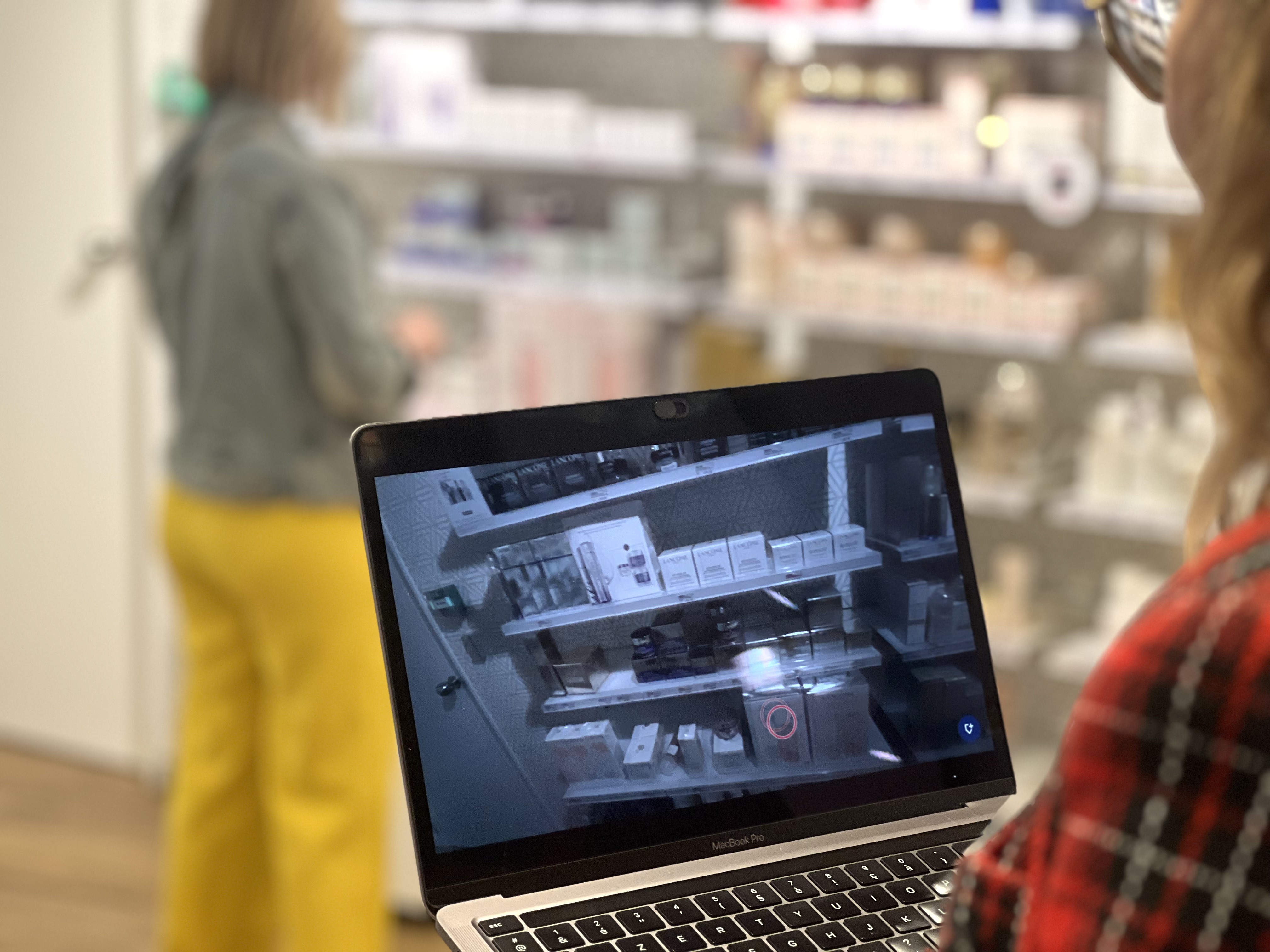
Eye tracking as a research method is something we want to highlight for a moment. As part of a VLAIO-funded project, in 2017, together with Haystack, we conducted several studies for the first time with mobile eye tracking glasses in which we observed consumers during their store visits combined with in-depth interviews. This research method proved to provide good insight into how consumers perceive a store. Therefore, we have since offered these studies to help retailers look for pain points in the store and by especially on the WHY question.
Also curious what we have learned from this so far and what it can do for you?
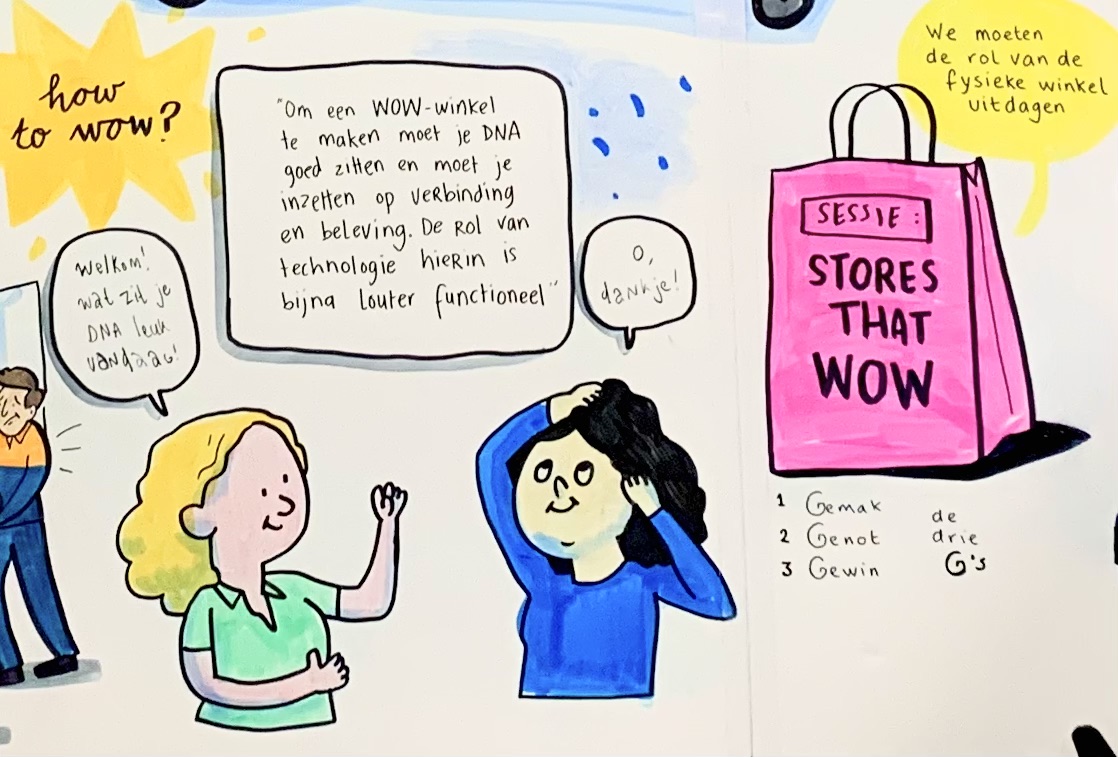
(Start PhD 7-'23, end provided 6-'28) Constant wondered if physical stores might perform better if consumers played a more important role in the design process? Through experimental research on different designs that will be designed with different types of consumer involvement, he hopes to find out when and how to best involve customers in the design process. After all, a store is designed for the customer!
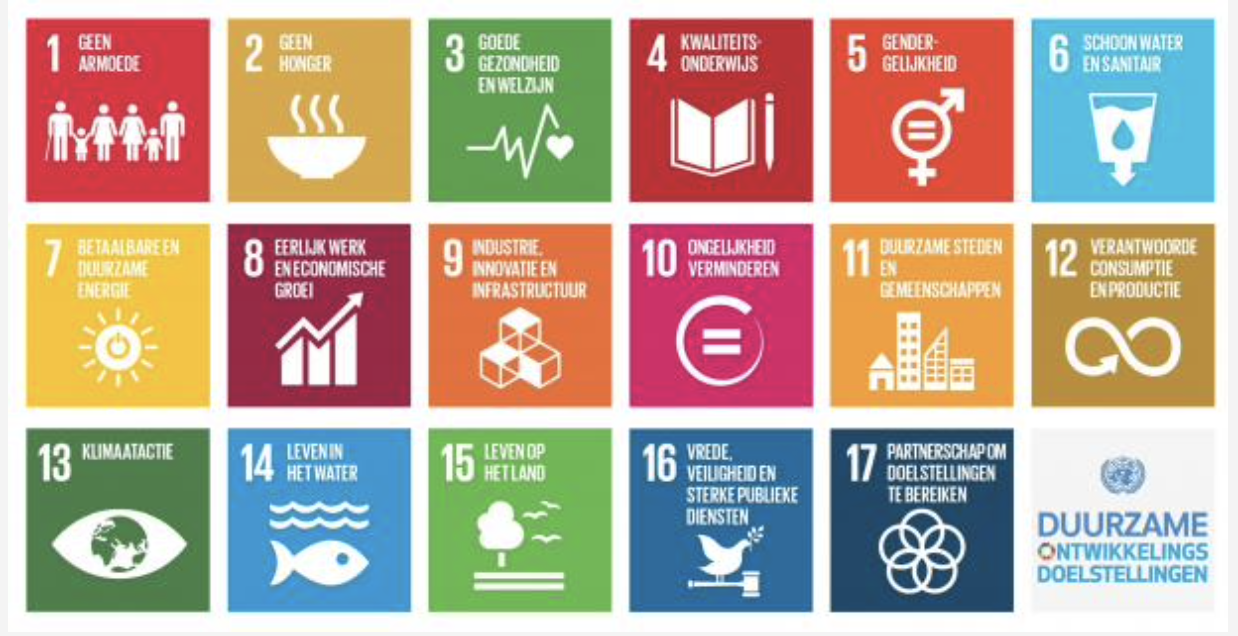
(Start PhD 1/'21, end provided 12-'24) The research Nonku is conducting for her PhD aims to gain more insight into how we can encourage consumers to think and act more circularly, through various touchpoints. Nonku is initially focusing on the fashion sector, where there are still large gains to be made. She then wants to support designers in how to shape this touchpoint.

(Doctorate completed 1-'23, Congratulations Elisa!) As a doctoral student, Elisa has spent the past few years researching the sense and nonsense of experience (ERE). We are not doing enough today to create added value through in-store experience. So investing in experience as such is not the answer, but adding purpose and value is what it's all about. Elisa has developed a tool to help retailers and designers in the value creation process and its translation on the store floor. This tool is currently being used in our education program.
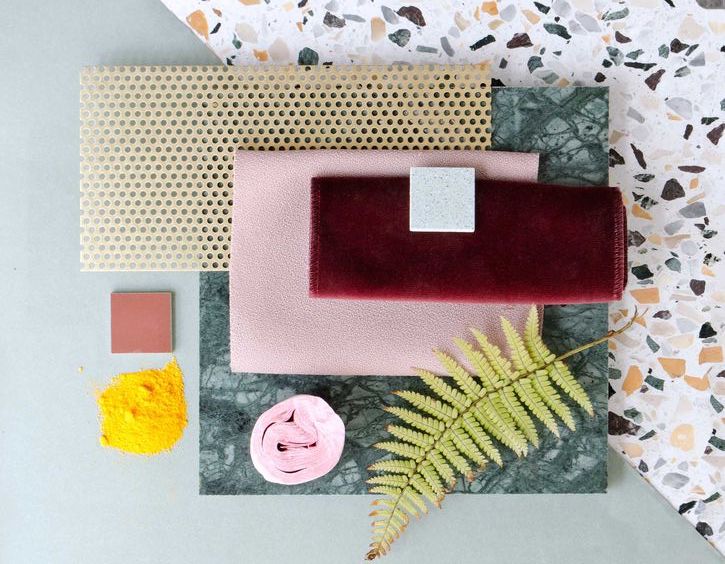
With this research project, conducted from 2017 to 2019 together with partners Wood.be and WTCB, our main goal was to arrive at more thoughtful, experiential and more sustainable material choices for store interiors. Through various eco-design tools that we developed, we wanted to raise awareness, educate and support various stakeholders in making choices during the design process.
The tools that resulted from this project can be viewed and used below.
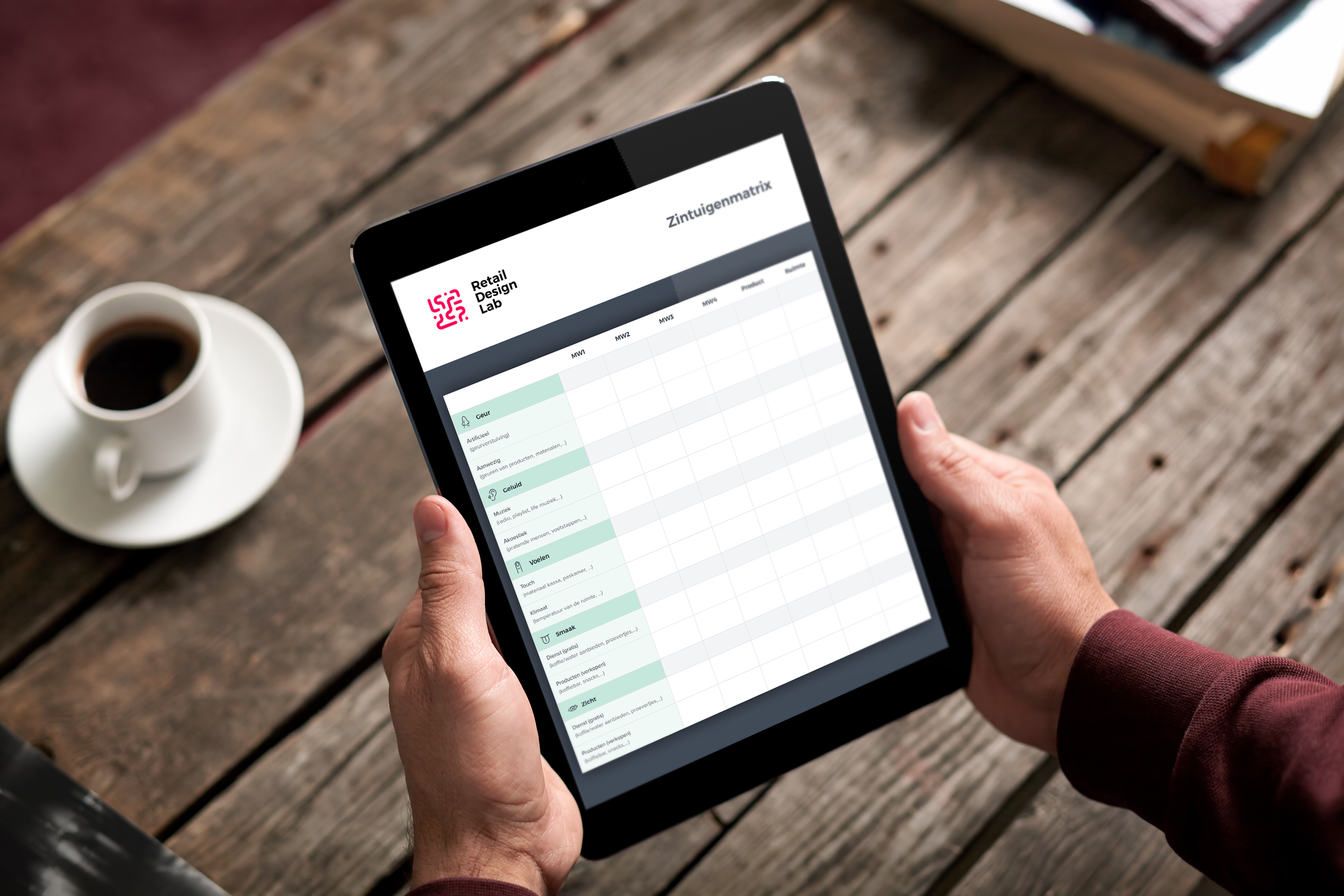
From 2015 to 2017, our goal with this TETRA project was to optimize store experiences by making retailers aware of the possible lack of experience, and by encouraging them to do something about it. In addition, we also aimed to provide more insight for designers into the building blocks of experience-based design and help them with implementation. We were able to develop several tools through this research project and start offering them online for free through this website.
The tools that resulted from this project can be viewed and used below.
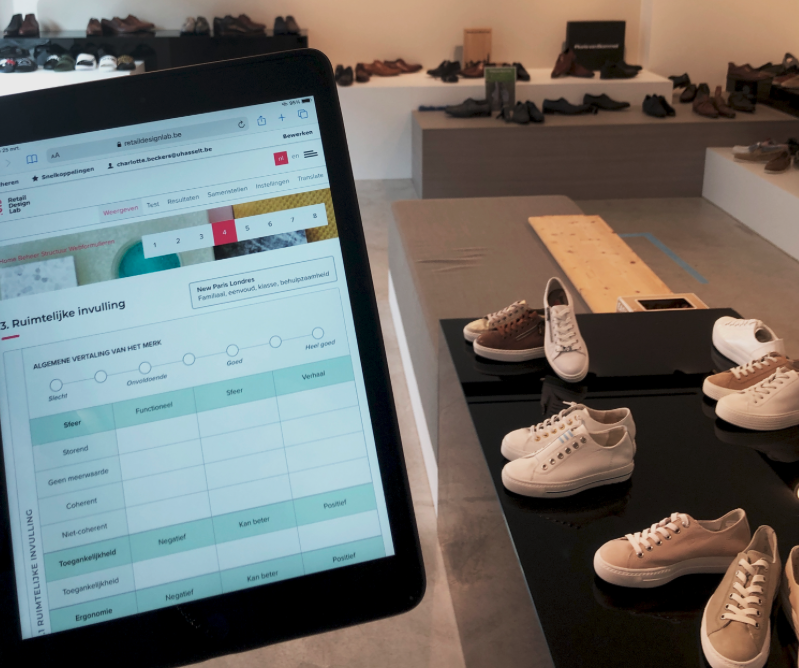
The Retail Experience Scan (REXS) was a prototype tool that measures the "experience" in a physical retail environment. This tool was developed at the Retail Design Lab between 2016 and 2019.
From 2020 to 2021, the REXS prototype was further validated, calibrated and adapted through this 'Proof Of Concept' project into a tool that was ready to share with (retail) designers and consultants through a license starting in spring 2022.
Curious about the REXS or interested in a license? Contact us and we will be happy to tell you more!
